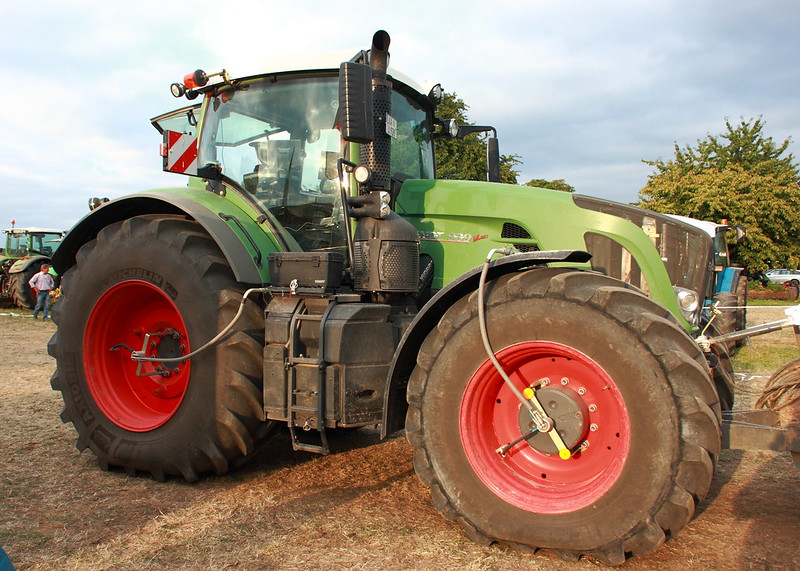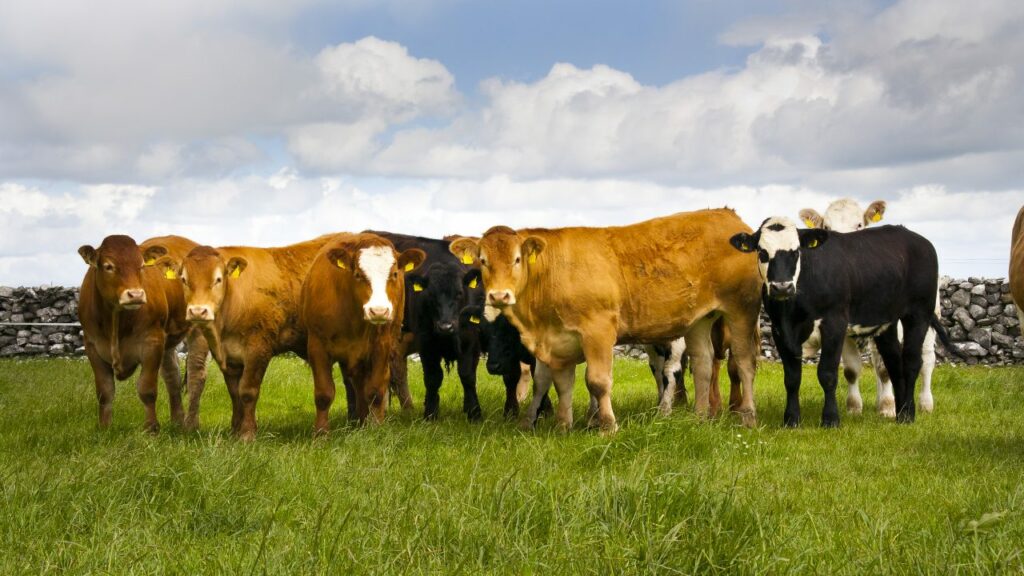
As part of my undergraduate degree in UCD, I undertook an elective module called Agriculture Power and Machinery. Reducing field compaction and fuel consumption of tractors is one very interesting topic we covered. Practical application of theories was examined, where several research trials pertaining to this module were carried out on Lyon’s Research Farm.
Various widths and pressures of machinery tyres were trialled, mainly those of tractors, with a view to reducing compaction of the soil which directly positively affected crop growth, efficiency, and yields. Tillage farming practices especially can be consistently improved to increase food security, efficiency, and yields, while simultaneously reducing the impact on the environment.
The article below by Agriland outlines how certain makes of tyres are better suited to reduced pressures and how these types of tyres can save on fuel consumption. The correct type of tyres along with the correct tyre pressures for field or road applications are important factors. Fuel savings and lower level of field compaction ultimately lowers the overall emissions produced. Lower fuel consumption lowers CO2 produced from farming practices while lower compaction level leads to increase yields and efficiencies which also lowers emissions when farm inputs and outputs are considered.
